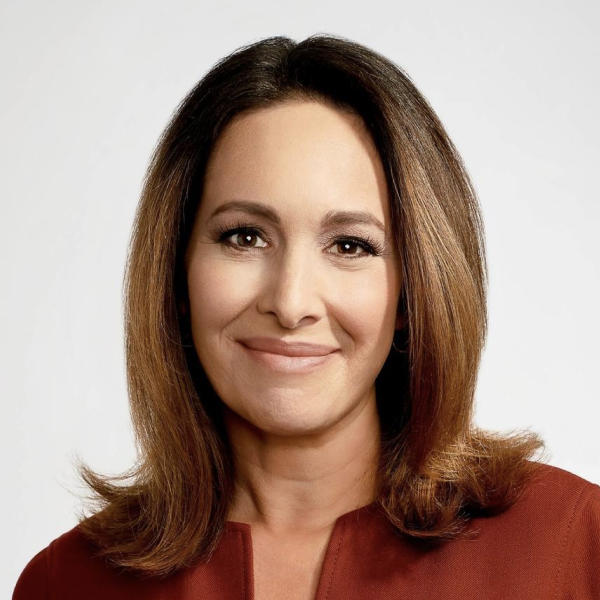How Would Geithner's Plan Impact Wall St.?
Every day in a small room, just a half dozen traders can move as much as a half a billion dollars in derivatives - which are bets on whether companies will succeed or fail. These complicated investments helped to bring the financial system to its knees, reports CBS News correspondent Nancy Cordes.
"The product right now is simply not regulated," says James Cauley of IDX Capitol.
That would end under Secretary Geithner's sweeping new proposal to transform the way Wall Street does business.
"To address this will require comprehensive reform - not modest repairs at the margin, but new rules of the game," Geithner said.
So what does it mean for Wall Street?
For starters, Geithner wants to establish what some are calling a "super-regulator" - a new entity to identify and oversee large insurance companies, investment banks and other financial firms whose failure would pose a risk to the economic system. The idea is to spot trouble before it grows and spreads.
"The American people understand that too big to fail is the right size to regulate," said Rep. Al Green, D-Texas.
These firms would be required to keep enough cash on hand to weather downturns. If they didn't, they could be seized by the government, just like banks.
Rep. Donald Manzullo, R-Ill., called the proposal radical.
"You're talking about seizing private businesses," Manzullo said to Geithner. "You don't consider that to be radical?"
"No," the Treasury sectary said. "This is a prudent, carefully designed proposal to protect our financial system."
What would the new rules mean for hedge funds and their investors? Far more oversight for these private investment companies which are less regulated than other firms like mutual funds. Under Geithner's plan, hedge funds would have to register with the government so regulators can get a better grip on the size of the risks they are taking.
"This proposal takes us back to a position not where the government takes over the economy but where the government is an honest referee," said Michael Greenberger of the University of Marland.
Congress must now write up legislation that would reflect this plan, but there are still big questions to be answered here, like which government agency would take on all these new responsibilities?
